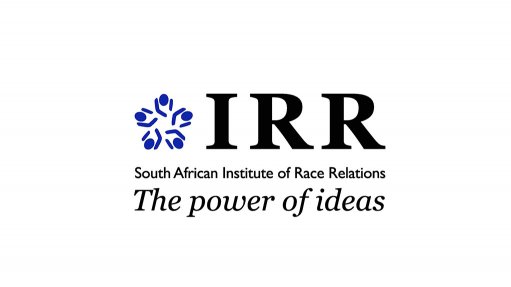
South Africa's mining industry must start blowing its own trumpet. The mining sector does not get the credit it deserves for its contribution to the South African economy, says a paper published today by the Institute of Race Relations (IRR).
The President, in his State of the Nation address, continued to spread the false notion that the mining industry does not do enough for economic transformation. As a result, the Presidency will continue to “pursue direct state involvement in mining”.
But the mining industry’s contribution goes far beyond jobs, wages, taxes, dividends, and corporate social investment, as the IRR paper notes. Although the contribution of the mining sector to gross domestic product (GDP) has shrunk to only around 8%, the fortunes of other sectors of the economy are more dependent on those of the mining industry than many people realise.
Mining contributed R291-billion directly to GDP in 2015, but it also spent R245-billion on the purchase of goods and services from other sectors of the economy. More than 13% of all expenditure on manufactured items originated in the mining industry.
"All other sectors of the economy buy goods and services necessary for their own generation of output. However, partly because it operates both above the surface and underground, mining purchases a wider range than other sectors." Manufacturers of engines and heavy-duty earthmoving equipment are among those expecting to benefit from any improvement in mining prospects this year.
"The fortunes of several of South Africa's largest towns are also heavily dependent on the mining industry. These include not only Rustenburg, Witbank, and Middelburg, but also Richards Bay, whose livelihood depends on the export of coal and a couple of dozen other minerals.”
Other towns dependent on mining are Sasolburg and Secunda, where coal is the feedstock for the manufacture by Sasol of petrol and diesel and numerous other products, including many different kinds of plastics.
In addition, mining accounts for the largest single share of output in four of South Africa's nine provinces, the North West, Limpopo, the Northern Cape, and Mpumalanga. "Living standards in these provinces depend to a much greater extent on mining than is the case in Gauteng, or the Western Cape, for example. But even in the Western Cape, Saldanha Bay depends for a sizeable chunk of its livelihood on the role it plays in exporting iron ore from Sishen."
The author of the paper, John Kane-Berman, a policy fellow at the IRR, says that the extent of all these economic linkages is not widely enough appreciated. "When politicians adopt policies hostile to the mining industry, they do not seem to appreciate that the damage extends much more widely."